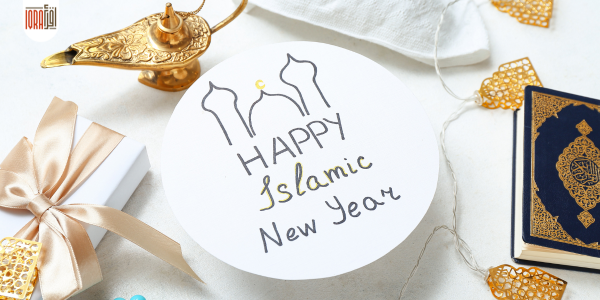Understanding the core principles of Islam can often be distilled into grasping its five essential pillars. These “Islam five pillars” constitute the bedrock upon which the entire structure of a Muslim’s life is built. For those interested in deepening their understanding or considering embarking on their own spiritual journey, this post offers an insightful guide into these foundational practices.
1. Shahada (Faith Declaration)
The Shahada translates to “the testimony” and is the Muslim proclamation of belief. In simple words, it’s stated as: “There is no god but Allah, and Muhammad is His messenger.” This statement embodies the monotheistic essence of Islam, emphasizing the oneness of God and recognizing Muhammad (peace be upon him) as His last prophet. This central belief is vital as it anchors every Muslim’s faith.
Quran 3:18 – “Allah bears witness that there is no deity except Him, and [so do] the angels and those of knowledge…”
2. Salah (Prayer)
Salah, often referred to as “prayer,” is performed five times daily. It’s a direct link between the worshipper and Allah and serves as a constant reminder of the divine, ensuring that the believer remains grounded and connected throughout their daily activities.
Quran 20:14 – “Indeed, I am Allah. There is no deity except Me, so worship Me and establish prayer for My remembrance.”
3. Zakat (Almsgiving)
Zakat, or almsgiving, represents the charitable spirit of Islam. It’s a fixed proportion of wealth given to the needy, emphasizing the importance of supporting the less fortunate in society.
Quran 2:110 – “Establish prayer, and pay alms-tax. Whatever good you send forth for yourselves, you will ˹certainly˺ find ˹its reward˺ with Allah. Surely Allah is All-Seeing of what you do.”
4. Sawm (Fasting during Ramadan)
Sawm is the practice of fasting during the month of Ramadan. From dawn to sunset, Muslims abstain from food, drink, and other physical needs. This act instills patience, spiritual growth, and a profound sense of community.
Quran 2:183 – “O you who have believed, decreed upon you is fasting as it was decreed upon those before you that you may become righteous.”
5. Hajj (Pilgrimage to Mecca)
Hajj, the pilgrimage to Mecca, is required once in a lifetime for those who can physically and financially undertake it. It’s a series of rituals performed over several days and serves as a symbol of unity, where Muslims from diverse backgrounds come together in devotion.
Quran 22:27 – “…And proclaim to the people the Hajj [pilgrimage]; they will come to you on foot and on every lean camel; they will come from every distant pass…”
Understanding the Islam five pillars is paramount for anyone eager to grasp the essence of this rich faith. If this intrigues you and you’re eager to explore deeper into Islamic teachings, consider signing up for our program or delving into our carefully curated courses here. Not only will you broaden your understanding, but you’ll also connect with a community of learners and experts.
In further reading, the BBC’s guide on the Five Pillars of Islam provides an external perspective that complements our discussion, ensuring a well-rounded comprehension.
To conclude, the five pillars act as guiding beacons in a Muslim’s journey. They help maintain a balance between the spiritual and the physical, emphasizing not only personal growth but also the well-being of the community. Through consistent practice and understanding, one can hope to lead a life that is harmonious, purposeful, and deeply rooted in faith.
Would you like to embark on this spiritual journey with expert guidance? Register now to begin!





0 Comments
Oops comments are disabled